Brand new house...but basement VERY humid
nadine33
11 years ago
Featured Answer
Comments (15)
mike_kaiser_gw
11 years agoUser
11 years agoRelated Professionals
Clarksville General Contractors · Dunkirk General Contractors · Havre de Grace General Contractors · Kilgore General Contractors · Selma General Contractors · Sun Prairie General Contractors · Titusville General Contractors · Fort Smith Interior Designers & Decorators · Central Islip Architects & Building Designers · Pedley Architects & Building Designers · West Palm Beach Architects & Building Designers · Cranston Flooring Contractors · Fort Walton Beach Flooring Contractors · Kingston Flooring Contractors · South Lake Tahoe Flooring Contractorsworthy
11 years agonadine33
11 years agonadine33
11 years agoUser
11 years agoworthy
11 years agonadine33
11 years agobus_driver
11 years agonadine33
11 years agobrickeyee
11 years agoJoe89
11 years agobrickeyee
11 years agoK F
8 years ago
Related Stories
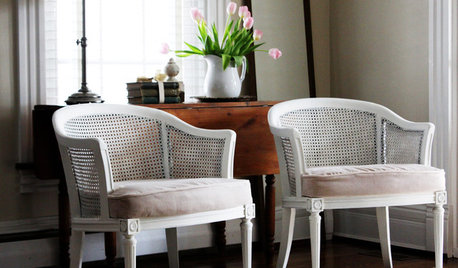
BUDGET DECORATINGBudget Decorator: 8 Ways to Make Old Furniture Look Brand New
Learn stripping, staining, painting and reupholstering basics to make bargain-basement furniture worthy of center stage at home
Full Story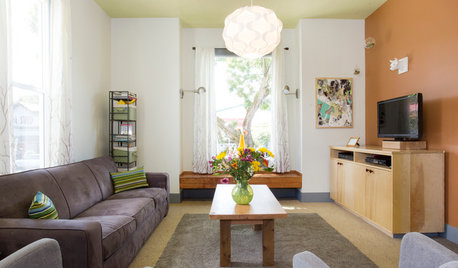
HOUZZ TOURSHouzz Tour: A Portland Bungalow Gets a Major Lift
Raising a whole house allowed 5 extra bedrooms and a walk-out basement — plus a boost in income
Full Story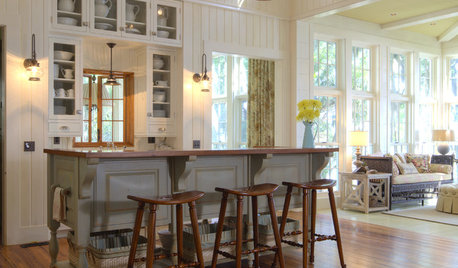
KITCHEN DESIGN9 Flooring Types for a Charming Country Kitchen
For hardiness and a homespun country look, consider these kitchen floor choices beyond brand-new wood
Full Story
LIFEThe Moving-Day Survival Kit: Lifesaving Items and Niceties
Gather these must-haves in advance for a smooth move and more comfortable first days in your new home
Full Story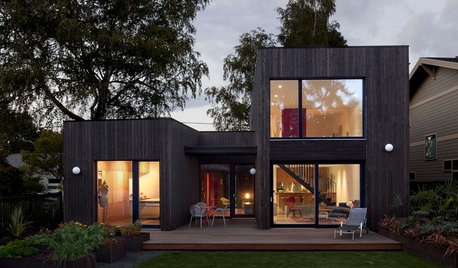
BASEMENTSDesign Workshop: Is It Time to Let Basements Become Extinct?
Costly and often unnecessary, basements may become obsolete — if they aren’t already. Here are responses to every reason to keep them around
Full Story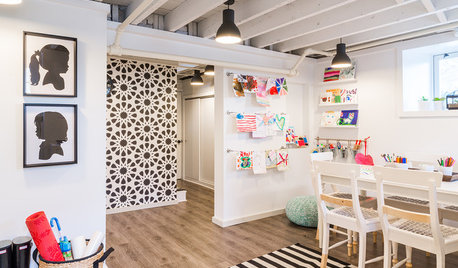
BASEMENTSBasement of the Week: A Creative Space for Kids and Storage for All
With mudroom organizers, laundry and a well-organized space for crafts, this basement puts a Massachusetts home in balance
Full Story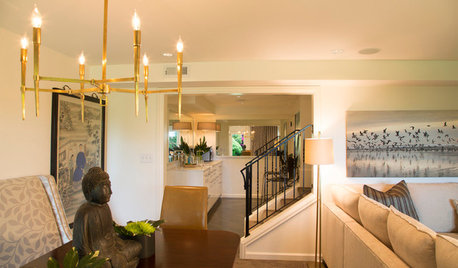
BEFORE AND AFTERSBasement of the Week: A Man Cave Goes Chic and Family Friendly
Renovations lighten up a dad's dark rec room and make space for guests and family
Full Story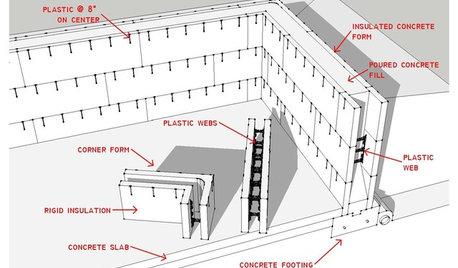
KNOW YOUR HOUSEKnow Your House: The Basics of Insulated Concrete Form Construction
Get peace and quiet inside and energy efficiency all around with this heavy-duty alternative to wood-frame construction
Full Story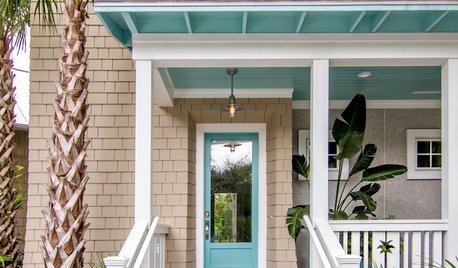
CURB APPEAL10 Unexpected Color Schemes for Home Exteriors
Give your home’s face a brand-new look with paint picks that go beyond the everyday
Full Story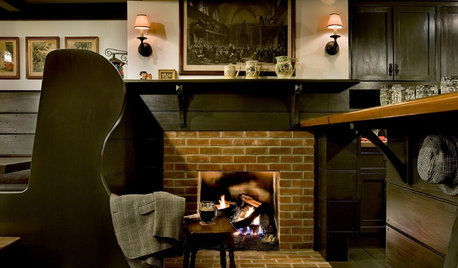
BASEMENTSBasement of the Week: London Pub Ambience in Upstate New York
Dark as a Guinness stout and cozy as a Shetland sweater, this U.K.-style basement bar has everything a pub lover could want
Full Story





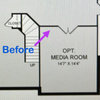

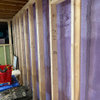

worthy